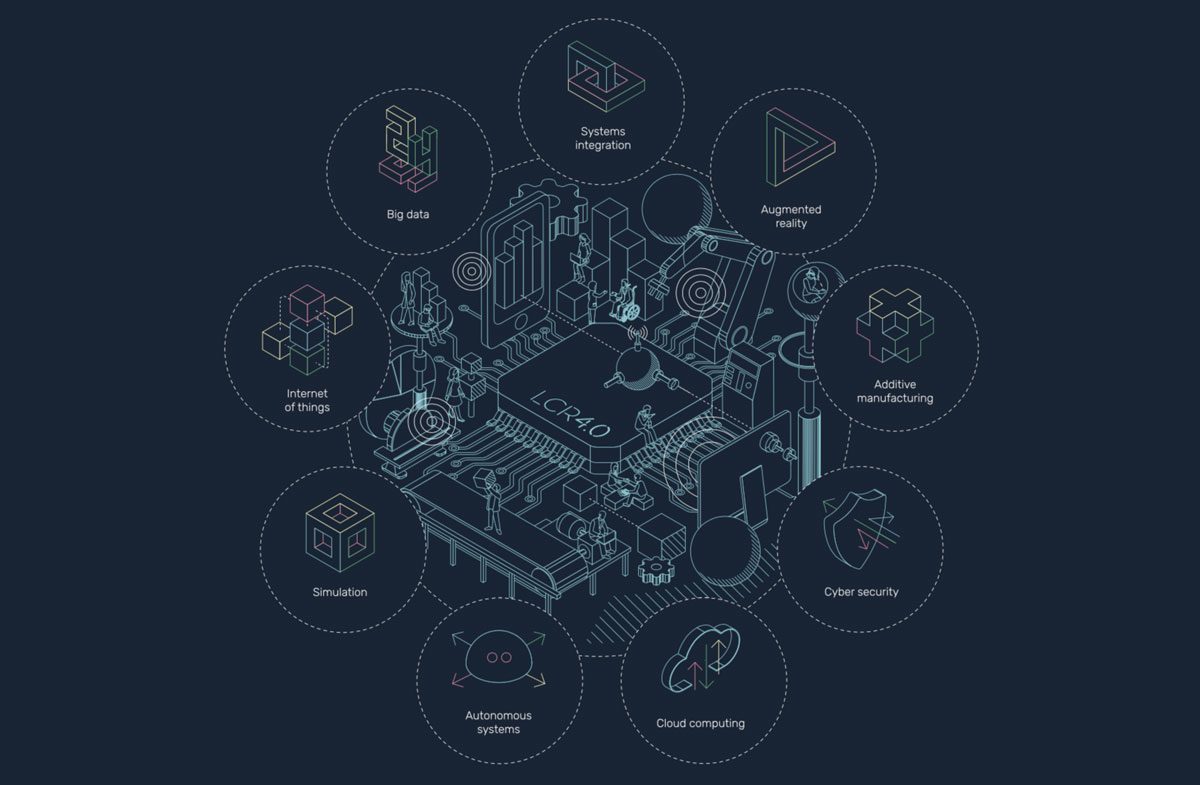Women in LCR 4.0 Cluster Group

Identifying and Promoting the Opportunities of 4th Industrial Revolution for Women within Liverpool City Region.
The women in LCR 4.0 Cluster Group aims to identify and promote existing and emerging career opportunities available to women across LCR 4.0; to encourage more women to take advantage of the opportunities a career in manufacturing, and other industry sectors, traditionally under represented by women, can offer.
The women in LCR 4.0 Cluster Group will:
- Promote and highlight current opportunities
- Identify emerging career opportunities
- Identify any skills gaps
- Look at mechanisms to enhance uptake of current opportunities
- Open dialogue with local SME’s to highlight the wealth of talent available across the area
- Work with other local/national/global networks and organisations that provide support for women in these sectors
- Identify and promote inspiring female role models within LCR 4.0 we meet regularly to strategically discuss how to progress our aims.
This initiative is not your traditional “lets empower women” group! There are now more opportunities than ever as the industrial landscape changes and we endeavour to promote these new career opportunities which have no gender bias. By changing the perception of engineering, technology and science – women can see that this career path is an attractive and sustainable proposition to their usual aspirations. – Lesley Lambert, LJMU Commercialisation Officer, LCR 4.0
The digital age is changing and making way for a new workforce of the future. Key industry roles are developing across a wide range of areas within manufacturing, identified as the 9 Pillars of Industry.
The impact of 4th Industrial Revolution will see a shift in job profiles. For example, roles within the connected factory:
- Worker (production)
- Maintenance expert
- Quality specialist
- Production planner
- Logistics planner
- Team leader
From…
- Worker (production) – Carries out production tasks, large share of manual tasks
- Maintenance expert – Troubleshooter and exception handler
- Quality specialist – Inspects parts and controls quality standards after the fact
- Production planner- Top-down planning and steering of linear processes (50 percent build-to-stock)
- Logistics planner – Plans supply in segmented approach (inbound, line delivery, outbound)
- Team leader – Focus on leading people based on visible waste on shop floor
To…
- Worker (production) – Exception handler in production line, operator in automated environment
- Maintenance expert- Overseer of predictive maintenance, planning and steering based on data-driven analysis
- Quality specialist – Smart engineering of process to online control for quality issues
- Production and logistics planner – Supply-chain planner who develops flexible self-steering value stream (100 percent build-to-order) and becomes a planner on a fully integrated supply chain from order to delivery
- Team leader – Leads team based on identified digital waste, brings insights to action
When we asked a group of young girls “what do you think we do? “ The overwhelming response was ‘beauty and fashion’. Whilst this raised a smile, we aim to ensure that ‘women as engineers’ rolls off the tongue just as easy as ‘women in fashion and beauty’. If we knew then what we know now, we would have done things differently. That’s why we feel it’s so important to start teaching girls at a young age that the world is full of endless possibilities, and any career path is well within their grasp and capabilities! – Nadine and Rechelle, Energy Fairies
Key Facts
- Number of girls gaining physics GCSE A* to C is now almost equal to the number of boys – however, less than 20% of A-level physics students are girls.
- In 2017 only 10% of the engineering workforce are female.
- At less than 10%, the UK has one of the lowest number of female engineers.
- The average graduate in Europe starting salary for engineering and technology is £26,636 – a fifth higher than the typical starting salary for other graduate jobs.
- Two-thirds of manufacturers in the UK plan to recruit an engineering apprentice in the next 12 months, while two-thirds plan to recruit an engineering graduate in the next 3 years.
- National average salary for women currently £25,299. Within manufacturing and digital industries average ranges from £29,500 to £35,000* and within digital technology businesses this rises to £50,000**
Source:
www.eef.org.uk/campaigning/news-blogs-and-publications/blogs/2015/jun/celebrating-national-women-in-engineering-day
* https://www.monster.co.uk/career-advice/article/ uk-average-salary-graphs
** http://www.techcityuk.com/wp-content/uploads/ 2016/02/Tech-Nation-2016_FINAL-ONLINE-1.pdf
Explore more

LCR 4.0 team at Sensor City bolstered by female engineers
Sensor City’s dedicated LCR 4.0 team has grown recently thanks to the appointment of two…

LCR 4.0 supports almost 200 SMEs and creates over 20 jobs since launching two years ago
Business support programme LCR 4.0 has helped 197 SMEs in the manufacturing space and created…

Digital Strategy for Science & Manufacturing Businesses
This week, the VEC team were invited by Halton Chamber of Commerce to talk to…